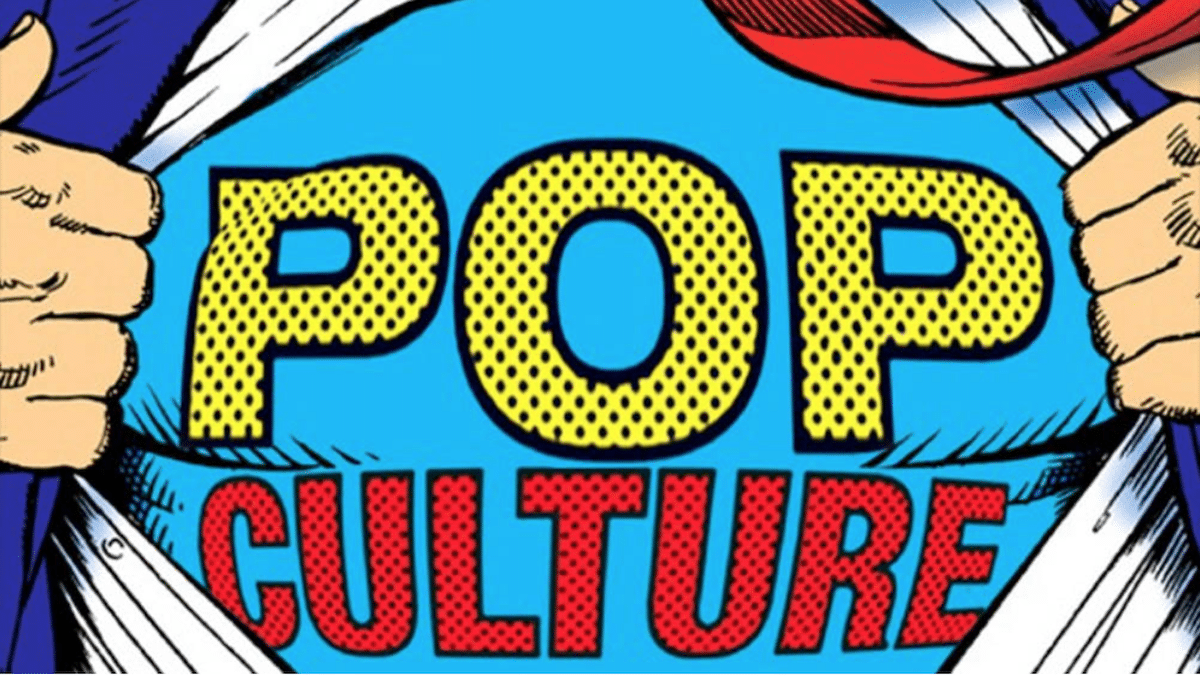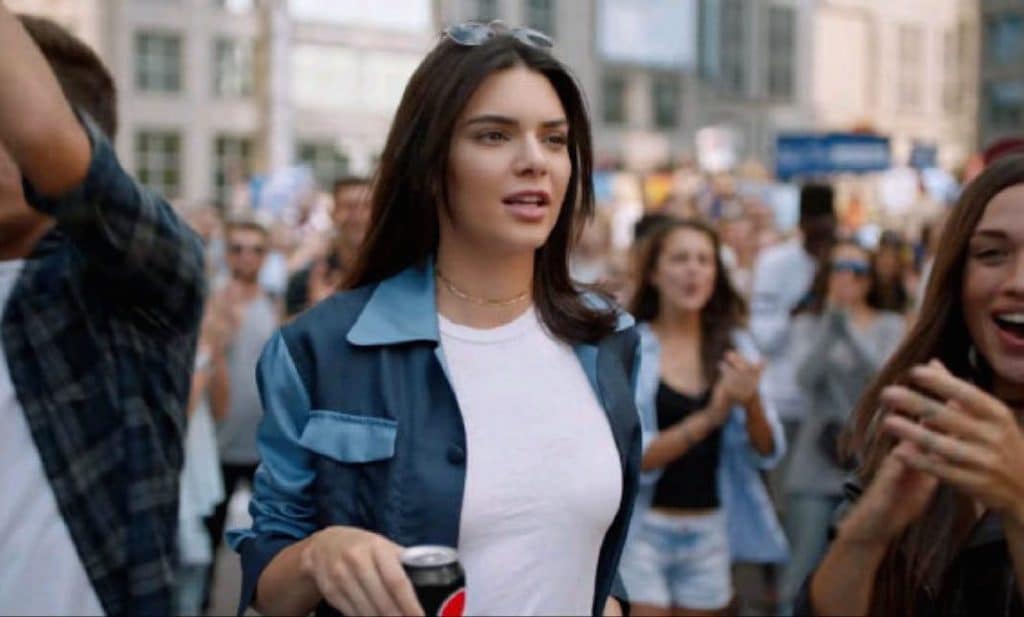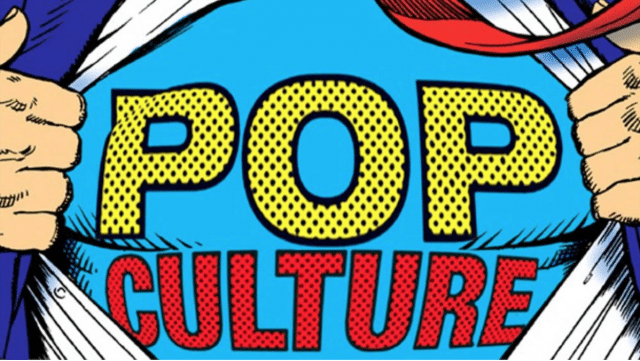
Pop culture marketing: How to best capitalize on your audiences concerns, aspirations and how to test in the market place for best results or risk flops.
Pop culture marketing is becoming increasingly popular today as companies strive to make themselves more relevant and relatable to customers. However, consumers can quickly spot companies that have a poor grasp of the culture and aren’t afraid to call out references that are in bad taste. As a result, companies who recently learned about pop culture marketing need to lightly tread as they explore how it can help boost their public image.
Here’s what you should be thinking about as you launch a new pop culture campaign.
Who is Your Audience?
Initially, you need to know who your audience is. Pop culture covers a broad swath of programming and media, and different demographics have different tastes. The fact can be ignored, but too often we see companies using memes that simply don’t register with the audience they’re trying to reach. The audience who enjoys House of Cards references is probably not the same as the audience who enjoys Spongebob references, but both are popular today. The good news is that identifying which pop culture you want to capitalize on should be relatively easy with a quick survey of your followers.
Be Creative
Occasionally, there is an opportunity for you to directly reference your products when it comes to a particular pop culture reference. For instance, the battle of fast food companies on Twitter has become a big hit with plenty of not-so-friendly banter flying between McDonalds, Wendys, Chick-Fil-A and more.
Consumers have enjoyed watching the companies’ different personalities develop, and each company can reference their products in every post directly. On the other hand, the connection to your products will often be far more subtle. You must be thoughtful and creative when using this method. One typical example is when companies use hit song lyrics to connect with customers or create parodies of a particular movie scene or character using their products.
Know Your Hashtags
Perhaps the most important ingredient of a pop culture marketing campaign is knowing how to tag your posts. Often it is the hashtag that goes viral, rather than the original post. Companies who have mastered pop culture encourage readers to get in on the fun by inviting them to post their own images, tags or stories. This ensures that a wider range of consumers will click on the tag to see what it’s all about.
Some companies have done this by asking users to take selfies with their products, others have done it by using a pop icon to encourage acts of positivity. Still, others have managed to create a totally new meme out of thin air by launching a hashtag that makes people want to be a part of their mission, whether or not they buy the product in the end. All of these campaigns rely on the viral nature of hashtags.
This is significant to remember when creating your hashtags is that detractors may find a way to twist the story. Several companies have found themselves in trouble after launching a hashtag campaign that resulted in overwhelmingly negative posts. You can beta test your hashtags in a closed group prior to launching to avoid this situation. Remember, we are in a politically heated environment where hashtags have been co-opted for political means that the original company never intended. More than likely you will want to be very careful about how your hashtags are worded to prevent these situations from getting out of control.

Taking a Stance
Given the political environment of today, it’s not surprising that some companies seek to win favor by taking a strong stance on a particular issue. There is a huge range of pop culture opportunities especially when it comes to hot debates like gay marriage. However, it all comes down to your audience.
Taking a strong stance on this issue can definitely boost your sales when done right, but it can also lead to calls for boycotts if you’re not careful. Pepsi suffered a major setback with their Kendall Jenner ad a few years ago, and many people have not forgotten. Just like choosing your hashtags, you need to be sure that the stance you are taking is being clearly stated, and won’t offend the people you’re trying to support. Focus groups should definitely be consulted if you are going to try to pull something this big off.
Ultimately, pop culture campaigns can be successfully capitalized by showing communities of people that your brand is self-aware and engaged with their customers through its marketing campaign. However, there could be some risks associated with pop culture when used carelessly. So, if you want to hop on the bandwagon of pop culture to take advantage of the opportunities, then it is best to sign up a marketing firm who can help you flesh out your ideas and bring them to life while mitigating any risk.







